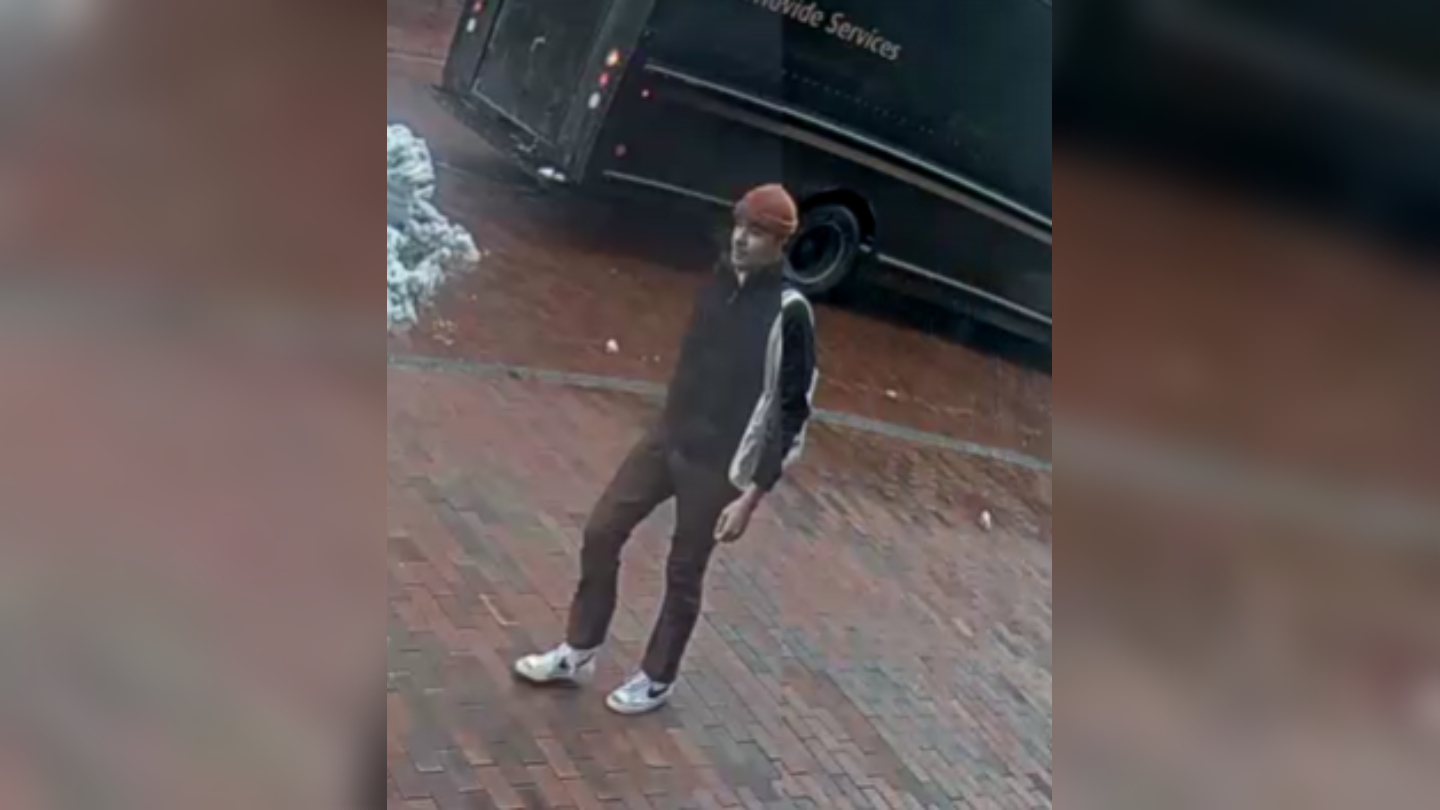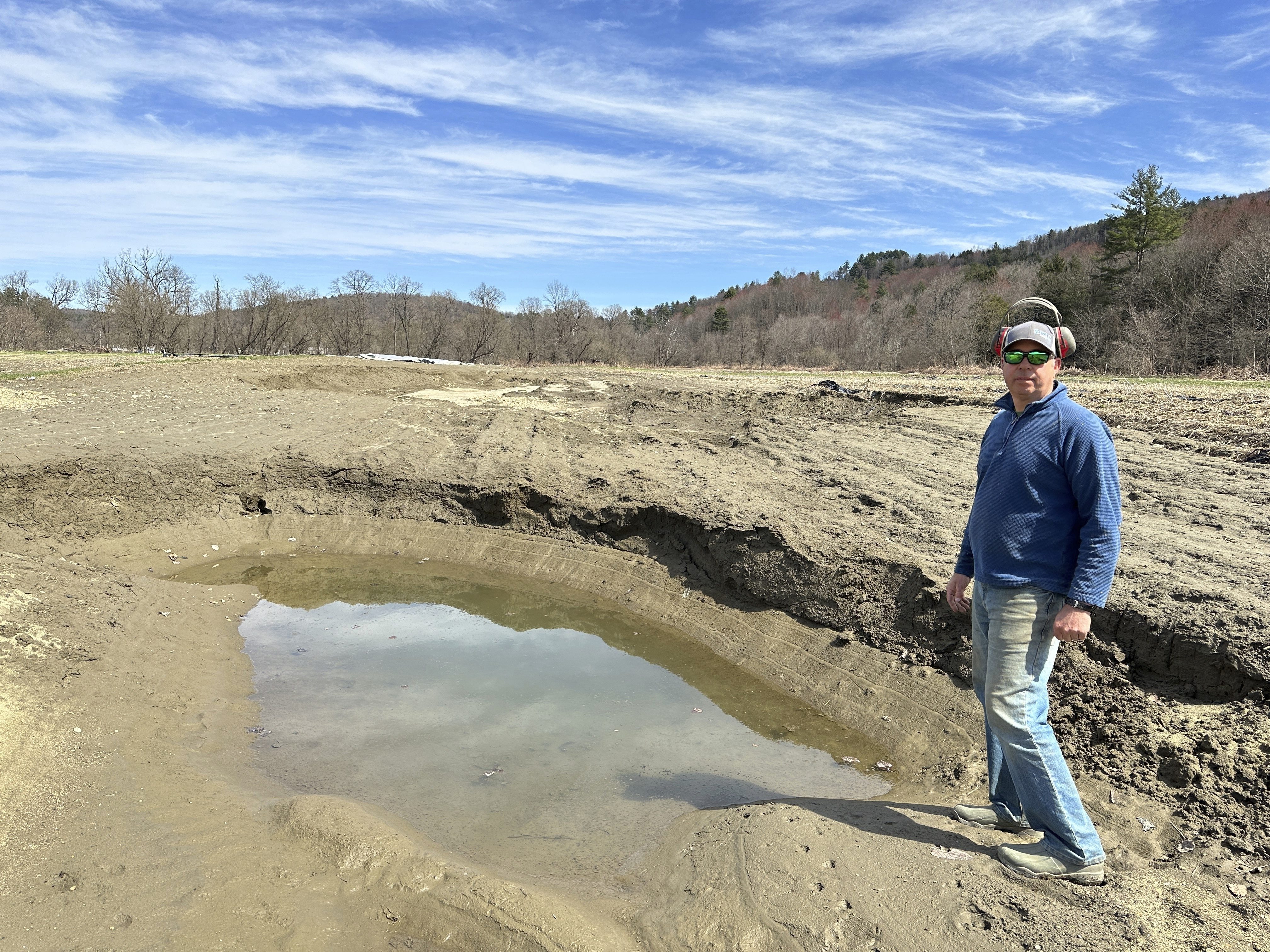Two law enforcement officers who shot and killed a drug suspect during a raid in December will not face criminal charges, Chittenden County State's Attorney T.J. Donovan announced Thursday.
Vermont State Police Trooper Matt Cannon and Agent Timothy Hoffman of the federal Drug Enforcement Administration together fired 13 rounds during the December 22 raid on Elmwood Avenue in Burlington which was meant to gather evidence of suspected drug and crack cocaine dealing by Kenneth Stephens, 56, of Burlington.
The raid ended with Stephens dead. He was struck by seven rounds, including one to the head, Donovan said.
A portion of the raid was recorded on a body camera worn by a Burlington Police Department officer. A few minutes of that recording, which documented frantic moments outside the apartment where the raid took place, were released to Vermont media outlets late Thursday afternoon.
WARNING: The video below contains content that some viewers may consider to be graphic.
"Prior to any shots being fired, Mr. Stephens yelled, 'Who wants to die?'" Donovan told reporters, describing one of the several threats to police he said Stephens issued.
Vermont
The latest news from around the state
The original plan was for officers to take Stephens into custody outside his apartment, then search inside the home, Donovan revealed. However, when that plan could not come together, a team of armored officers used a battering ram to smash their way into the apartment, Donovan said, reading from his detailed investigative report into the raid at a morning press conference.
Before a line of officers got inside, Donovan said Stephens was taunting law enforcement and urging them to smash his stubborn door harder with the battering ram. When they got inside, Cannon and Hoffman found Stephens pointing a muzzleloader rifle right at them, Donovan said. What they could not have known is Stephens’ weapon lacked a primer; it was incapable of being fired.
Prior to the encounter, officers warned each other about Stephens' long criminal record, which included past illegal gun possession, involvement in a past homicide, and significant amounts of federal prison time served, Donovan said.
Separately, Donovan said friends of Stephens told investigators after the shooting that he had previously remarked he would never return to jail and that he told a fellow inmate during a recent incarceration that he was "going to go out shooting," and that officers would have to kill him because he would not return to jail.
Because of the threats against officers involved in the raid, Donovan announced he will not criminally charge Cannon or Hoffman, legally justifying their actions against Stephens, who tests showed was high on several drugs including cocaine and heroin at the time of the shooting.
In the hail of gunfire, Donovan said three bullets ended up leaving the confines of Stephens' apartment. One went through the wall and ended up in an outside electrical box. Two others also went through the wall, flew across a driveway, and entered a neighboring apartment.
"I thought someone was lighting off fireworks in my driveway," neighbor Nick Cioffi told necn on December 23, describing the sound of the gunfire. "It was loud and something hit the house, and there was a mess inside."
Cioffi said the day after the shooting that he was playing guitar on his couch next door when those shots erupted. One stray bullet landed in the canvas of a painting on his wall, and the other on the very sofa where he was sitting. The bullets did not cause any injuries to Cioffi or anyone else in the apartment.
However, Donovan said the stray bullets were not a major focus of his probe, because he was primarily concerned with the death of Kenneth Stephens and not secondary legal examinations such as whether or not a charge of reckless endangerment might have been warranted. Donovan said his office considers the case closed when it comes to Cannon and Hoffman's involvement in Stephens' death.
"Nobody is minimizing a bullet entering another person's home," Donovan said. "It's an incredibly scary thing to happen. We were lucky that nobody was injured."
Regarding the stray bullets, Chief Brandon del Pozo of the Burlington Police Department said he can sympathize with neighborhood concerns, but urged the public to "nest that concern among the wider concern of living among violent felons that are destroying their community [through drug dealing], and at least sympathize with the officers who face death literally to remove those people from their community."
Del Pozo also said of the stray bullets, "I urge the citizens to not just see this as an isolated risk that they undertook, but as the end sequence of events of a risk that they were bearing as long as Mr. Stephens lived next door."
Del Pozo promised that his department will learn from this case, as it strives to keep officers, suspects, and the public safe during police operations.
Eric Miller, the U.S. Attorney for Vermont, said he has been in touch with DEA officials, who have told him the administration will fully review the way the raid was carried out.
Donovan also told reporters he met with the father of Kenneth Stephens, who asked for privacy from the media.
"A father lost a son. People lost a friend," Donovan said, recounting how Stephens' death had an impact on people who knew the man killed in the raid. "No one is being cavalier about this."



